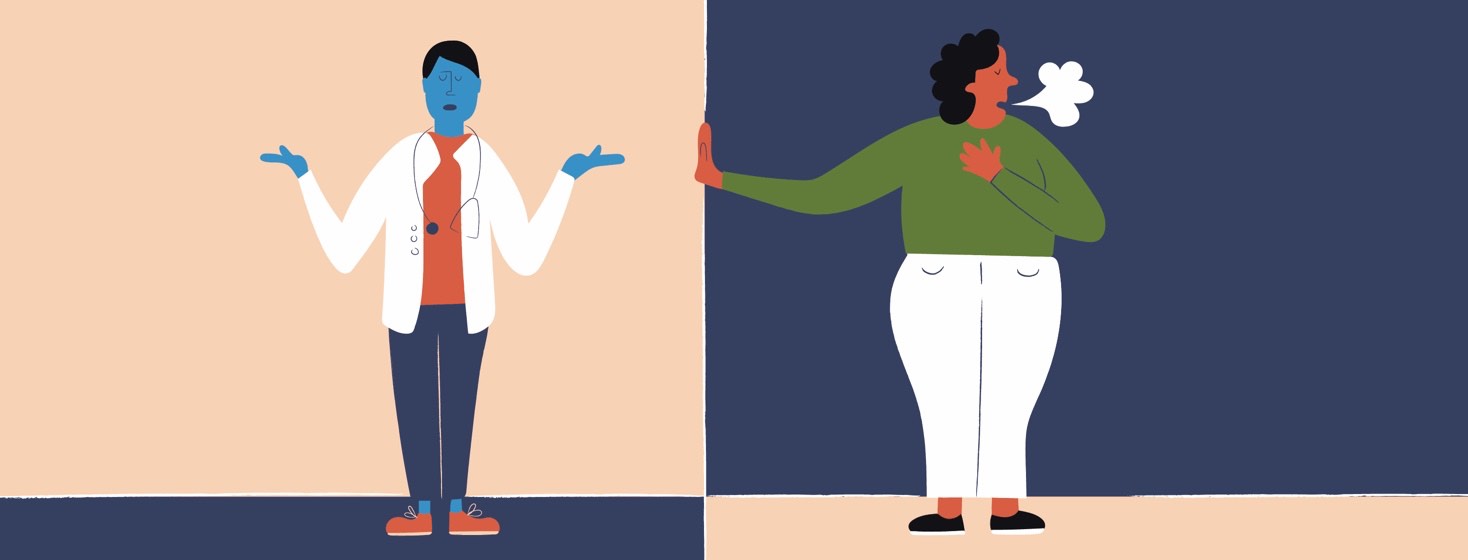What’s in a Name? Why Diagnosis Matters
On top of having obstructive sleep apnea (OSA), I also have endometriosis, fibromyalgia, inflammatory bowel disease (IBD), and restless legs syndrome (RLS). I also have some other symptoms that I have been trying to get answers for. Unfortunately, many of you may know how hard it can be to try to get a diagnosis and can understand why a diagnosis matters for sleep apnea.
My experience getting a diagnosis
Getting a diagnosis can be like pulling teeth. There are some doctors who just want to give you medications to help with the symptoms rather than put in the work to figure out what’s going on.
Four years ago, I was referred to an internal medicine specialist to look at everything going on and see if they could figure out a diagnosis for me. Unfortunately, I wasn’t sent to a good doctor, and after my first appointment, he wasn’t even going to bother telling me he didn’t want to help me.
I had to call his doctor’s office to get an appointment to be told that he thinks my case is too complicated, a diagnosis isn’t necessary, and that it’s better to just treat my symptoms individually, 1 at a time. He admitted that he wasn’t planning on contacting me after the first appointment to let me know he wasn’t going to do anything.
Frustration with my doctors
I have 18 individual symptoms so that’s at least 18 different medications. He wasn't even phased when I tried reminding him of all my symptoms and meds. I started to cry as I left his office, I couldn’t believe the way I was treated. Although I was feeling very frustrated, I wasn’t going to let his opinion stop my fight for answers.
Unfortunately, he wasn’t the last doctor to tell me that it isn’t important to get a diagnosis and to just treat the current symptoms. If I hadn’t pushed to figure out what was going on with my breathing, I never would have been diagnosed with OSA and RLS.
Why diagnosis matters for sleep apnea
Getting a diagnosis is important for 4 key reasons and it’s frustrating that there are doctors who disagree. What are those key reasons, you ask? Peace of mind, knowledge, insurance, and disability.
I will explain why these 4 are key reasons are important for getting a diagnosis instead of just treating symptoms.
Peace of mind
I don’t really think I need to explain a whole lot why having peace of mind is important, which is especially even more important if you have been told it’s all in your head.
Well, those of us who are sick understand the importance of peace of mind.
Knowledge
When we have a diagnosis, we can learn about our disease and how to care for ourselves. We can learn about things to watch out for and things to potentially expect.
Insurance
Having a diagnosis is important for insurance purposes. It may be because we need to apply for insurance or to change our insurance.
Disability
Without a diagnosis, it’s very challenging, if not outright impossible to apply for disability.
What's in a name?
I was bothered by the fact that my medical record didn’t show that I have any diseases even though I have been officially diagnosed with a couple. I had to call a health official to get it changed. It has helped in small ways to have it changed, like at the hospital.
It might be a hard fight to get your sleep apnea diagnosis, but it’s worth it, even if just for peace of mind alone.
Please share a comment about your diagnosis experience.

Join the conversation